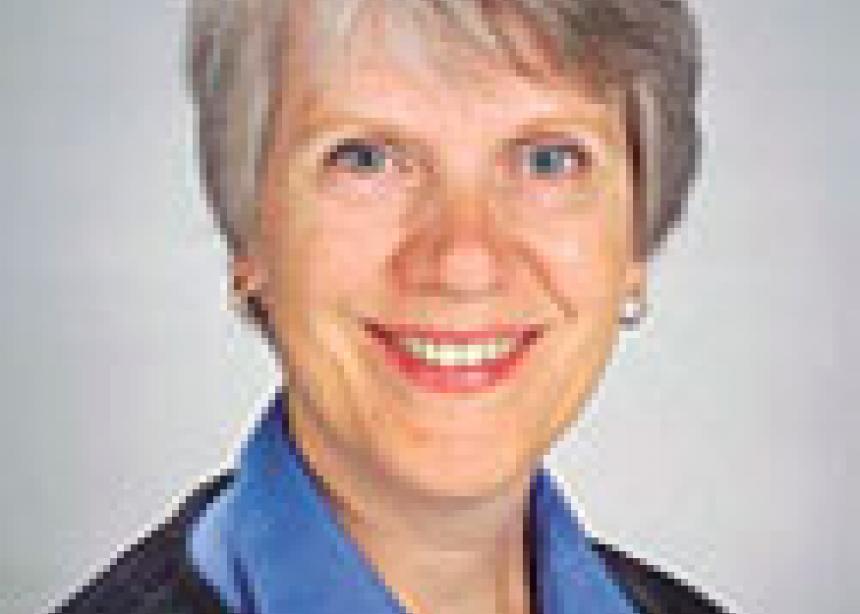“Will you say nice things about me at my funeral like you did at Jay’s?” my mother-in-law asked as she and I were driving alone in a car shortly after my brother-in-law’s funeral, where I had offered memories on the family’s behalf. Given the recent family death, there was a good reason my mother-in-law was thinking about death and her funeral. Still, I was startled by her question, and paused before replying. Her question seemed unexpected, given that she wasn’t facing a life-threatening illness. And it’s not an everyday kind of request. Generally, most of us shy away from such detailed funeral preparations.
I also sensed the vulnerability behind her question. We all want to be liked, respected and valued. It is natural to wonder about what people will say about us when we die and to hope that it will be “nice things.” It is a push for me to express affirmation and caring to people when they are living, rather than storing it up for a funeral.
On another level, I imagined that some other family member, say a son or a daughter, might want to offer such remarks. I hesitated to agree to Mother’s request because I didn’t want to overshadow someone else’s contributions. Like many seemingly simple family conversations, there were multiple layers of meaning in her question and my response to it. On that day, I think I spoke of my reluctance to agree to a tribute that I thought others might want to give, and we turned to other subjects. In fact, Mother lived another decade, and on her deathbed made the same request of me, an honour I accepted with the blessing of the other family members.
It is Lent, another time when we contemplate death. In church, we may hear the weighty words of “ashes to ashes and dust to dust,” a biblical reminder of the end that awaits us. It’s a humbling time when we confront our many sins and shortcomings. It’s a time of grace when we encounter God’s passionate commitment to humanity, seen through covenants forged in rainbows and deserts and in Jesus.
As we mark our humanity, it is helpful to remember that the word shares a root meaning with humus, the earth. God tells Adam at the beginning of creation, “You are dust and to dust you shall return” (Genesis 3:19). The yearning we have to be remembered well can be directed towards grounding ourselves in the earth beneath our feet, the earth God used to create humans and the earth to which we will return.
When we centre ourselves in those realities—our humanity, our connections with the earth and creation, our blessedness in God’s sight—we can face death, and the living that precedes it, with peace and quietude. A long time ago, I was fussing about my inadequacies, insecurities and faults to a friend. The friend, who later became my husband, sent me a note in response. The note offered a bit of wise encouragement: “On judgment day, God will not ask you, ‘Why weren’t you Moses, or St. Paul, or Mother Teresa?’ But rather, God will ask, ‘Why weren’t you yourself?’ ”
It is wonderful to have people say nice things about us at our funeral or beforehand. It is also good to accept our selves, with all our unique and particular blend of strengths and struggles, and to rest in being who we are made to be: humans loved and redeemed by God.
Melissa Miller (familyties@mts.net) lives in Winnipeg, where she works as a pastor and counsellor. Her family ties include that of daughter, sister, wife, mother and friend.



Add new comment
Canadian Mennonite invites comments and encourages constructive discussion about our content. Actual full names (first and last) are required. Comments are moderated and may be edited. They will not appear online until approved and will be posted during business hours. Some comments may be reproduced in print.